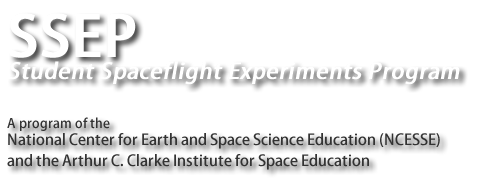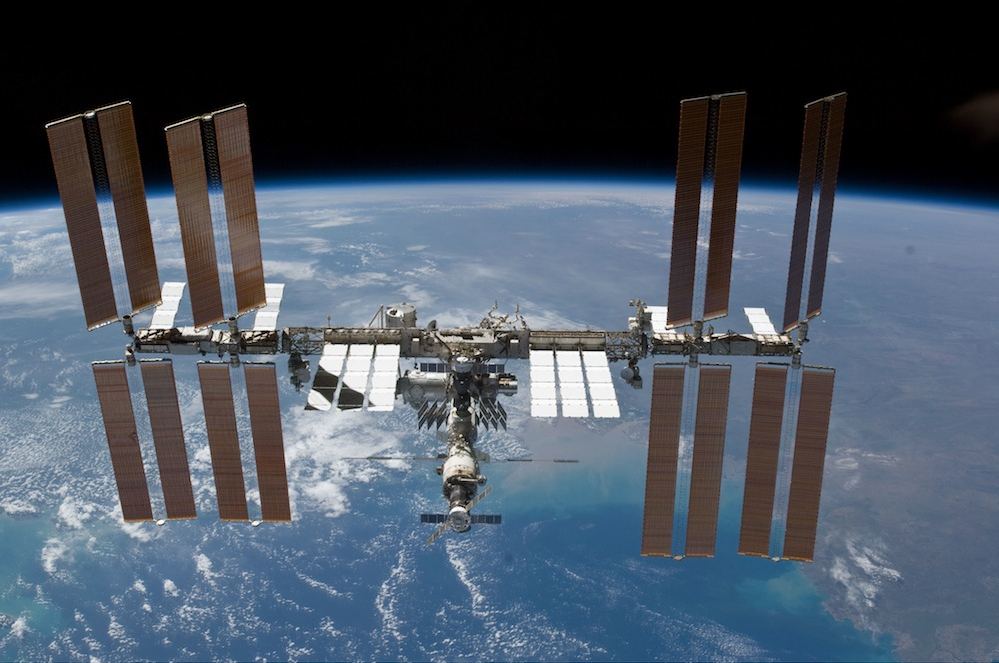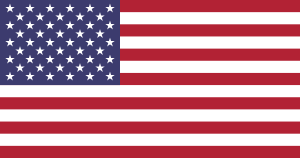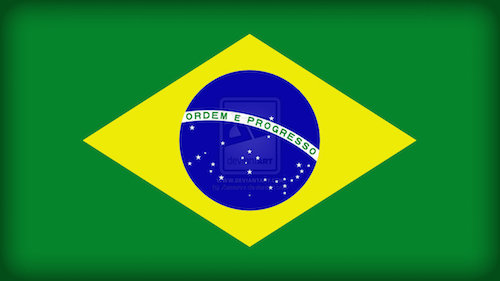The National Center for Earth and Space Science Education (NCESSE), and its international arm, the Arthur C. Clarke Institute for Space Education, are honored to announce the start of program operations for Student Spaceflight Experiments Program (SSEP) Mission 12 to the International Space Station (ISS) – the 14th SSEP flight opportunity since program inception in 2010. Mission 12 to ISS officially began on September 5, 2017, and we are proud to welcome aboard the 31 communities listed below. Mission 12 represents a dramatic expansion of SSEP, breaking the record to date of 24 communities on a single mission.
Each participating community submitted a formal Implementation Plan that demonstrated how SSEP would address their community’s strategic needs in STEM education, and detailed a real world plan for how a Local Team of educators would engage typically hundreds of students in real microgravity experiment design and proposal writing. Based on the Implementation Plans, the 31 Mission 12 communities combined will engage 18,300 grade 4-16 students in experiment design, and expect 3,400 flight experiment proposals to be received from student teams. A 2-step formal proposal review process, culminating with the SSEP National Step 2 Review Board meeting in December 2017 at the Smithsonian National Air and Space Museum in Washington, DC, will select one flight experiment for each community.
Of special note–
- three of the Mission 12 communities are undergraduate efforts: i) the University System of Maryland, involving both University of Maryland College Park, and University of Maryland Baltimore County campuses, ii) Stockton University in Galloway, New Jersey; and iii) the University of Bridgeport in Bridgeport, Connecticut.
- two Mission 12 communities are in Canada: Nanaimo, British Columbia; and Winnipeg School Division in Winnipeg, Manitoba.
- with Mission 12, we are honored to announce that SSEP international participation has expanded beyond Canada with the Dante Alighieri School in Sao Paulo, Brazil, which is participating in collaboration with Kennedy Space Center’s International Academy.
The 31 flight experiments for Mission 12 to ISS will be selected by December 14, 2017, with a projected launch as the SSEP Mercury payload of experiments (named in honor of NASA’s Project Mercury) in late Spring / early Summer 2018.
Mission 12 Communities – Welcome Aboard!
1. Sao Paulo, BRAZIL
Dante Alighieri School
Kennedy Space Center International Academy
2. Nanaimo, British Columbia, CANADA
School District #68 Nanaimo
Nanaimo District Secondary School
3. Winnipeg, Manitoba, CANADA
Winnipeg School Division
4. Winfield City. AL
Winfield City School System
Winfield Middle School
Winfield City High School
5. Corcoran. CA
John Muir Middle School
Corcoran Unified School District
6. Moreno Valley. CA
Moreno Valley Unified School District
7. Riverside, CA
Mark Twain Elementary School
Riverside Unified School District
8. Sanger, CA
Sanger Unified School District
Fairmont Elementary School
Sanger High School
9. San Jose, CA
Discovery Charter School
10. Bridgeport, CT
University of Bridgeport
11. Stamford, CT
Stamford High School
Stamford Public School District
12. Hillsborough County, FL
(SSEP RETURNING COMMUNITY)
Hillsborough County Public Schools
13. Port St. Lucie, FL
Renaissance Charter School at Tradition
14. Jackson County, GA
Jackson County School System
15. Honolulu, HI
Punahou School
16. Indianapolis, IN
Saint Simon the Apostle Catholic School
17. University System of Maryland (USM), MD
(SSEP RETURNING COMMUNITY)
University of Maryland College Park
University of Maryland Baltimore County
18. Kalamazoo & Detroit – Michigan Archdiocese, MI
(SSEP RETURNING COMMUNITY)
St. Monica Catholic School
St. Fabian Catholic School
19. East Orange, NJ
East Orange School District
East Orange STEM Academy
East Orange Campus High School
20. Galloway, NJ – Stockton University
(SSEP RETURNING COMMUNITY)
Stockton University
21. Springfield, NJ
(SSEP RETURNING COMMUNITY)
Springfield Public Schools
22. Belen, NM
Belen High School
Belen Consolidated Schools
23. WNY STEM – Buffalo/Niagara, NY
(SSEP RETURNING COMMUNITY)
Buffalo Public Community Schools
Buffalo Charter Schools
Buffalo Community Centers
Niagara Falls City School District
Lockport City School District
Tonawanda City School District
Olean City School District
24. Sumter, SC
Alice Drive Middle School
Sumter School District
25. Knox County, TN
(SSEP RETURNING COMMUNITY)
Knox County Public School System
26. Brazosport, TX
Brazosport Independent School District
27. Burleson, TX
(SSEP RETURNING COMMUNITY)
Burleson Independent School District
28. Ector County, TX
Ector County Independent School District
29. Fort Bend, TX
Fort Bend Independent School District
30. Pharr, TX
(SSEP RETURNING COMMUNITY)
Thomas Jefferson T-STEM Early College High School
Pharr-San Juan-Alamo Independent School District
31. iForward – Grantsburg, WI
Grantsburg School District
To all the teachers, thousands of students, and stakeholder organizations across the 31 Mission 12 communities – welcome aboard America’s and Canada’s Space Programs.
SSEP – real spaceflight all the time
A Word About the Program’s Real World Learning Objectives–
SSEP is designed to empower the student as scientist, and within the real-world context of science that is far more than exploration through inquiry. SSEP allows student teams to design an experiment like scientists, with real constraints imposed by the experimental apparatus, current knowledge, and the environment in which the experiment will be conducted; it allows students to propose for a real flight opportunity like professional scientists, bringing critical written communications skills to bear; it allows students to experience a real 2-step science proposal review process; it allows students to go through a real flight safety review like professional researchers; and it provides students their own science conference, where they are immersed in their community of researchers, communicating their thoughts, ideas, and experimental results to their peers. Science is more than a way of thinking and interacting with the natural world. Science is more than a book of knowledge. Science is also a complex social landscape filled with challenges, and the need for multi-faceted and successful communication with ones peers. SSEP is about introducing real science to our next generation of scientists and engineers.
The Student Spaceflight Experiments Program (SSEP) is a program of the National Center for Earth and Space Science Education (NCESSE) in the U.S., and the Arthur C. Clarke Institute for Space Education internationally. It is enabled through a strategic partnership with DreamUp PBC and NanoRacks LLC, which are working with NASA under a Space Act Agreement as part of the utilization of the International Space Station as a National Laboratory. SSEP is the first pre-college STEM education program that is both a U.S. national initiative and implemented as an on-orbit commercial space venture.
The Smithsonian National Air and Space Museum, Center for the Advancement of Science in Space (CASIS), and Subaru of America, Inc., are U.S. National Partners on the Student Spaceflight Experiments Program. Magellan Aerospace is a Canadian National Partner on the Student Spaceflight Experiments Program.





Comments are closed.